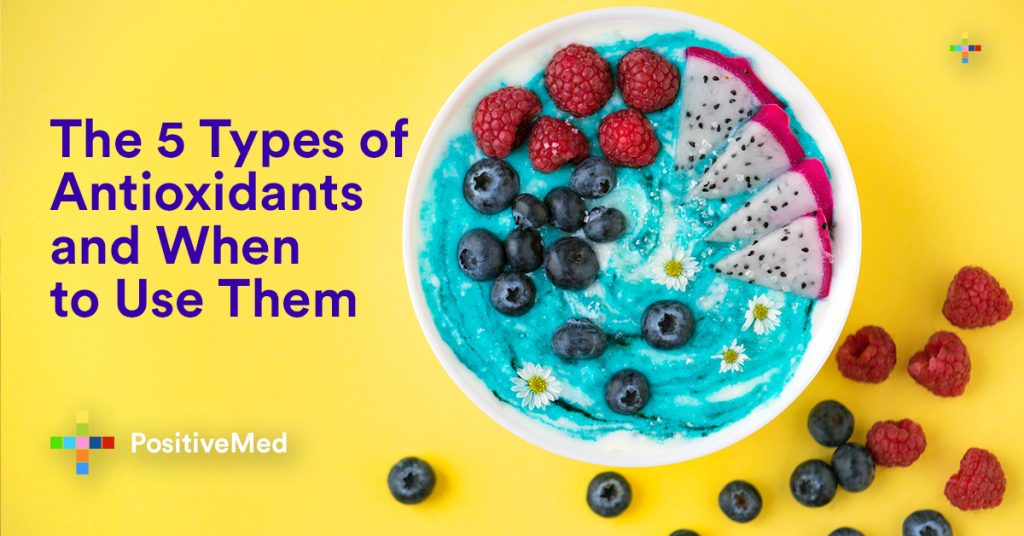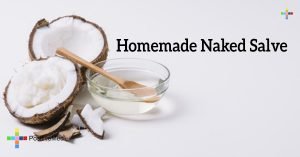We often hear the word antioxidant in the world of nutrition and health. However, we are not exactly sure what it refers to–it makes sense since it is essentially pretty complicated.
You may already be taking antioxidant supplements, or buy products hyping their antioxidant benefits. In this article, we will see different types of antioxidants and when to use them.
What are antioxidants?
The matter is composed of atoms, and atoms consist of electrons, protons, and neutrons.
When the atoms are joined together by forces they become molecules. The body of human being is made of various substances such as DNA, proteins, and genes, all of which are fundamentally molecules with mass of atoms linked together. There are chemical reactions that happen when the molecules are built up or are broken down, and this is called metabolism.
In the process of change, a molecule may lose an electron that it is not supposed to lose, making the molecule to become a free radical. Maybe you have heard the word free radical before. It refers the state of being unstable–they are electrically charged molecules that can react and destroy the other molecules for instance DNA.

What causes free radicals?
Free radicals are important in our bodies however when we have too many or too few antioxidants, we can get ourselves into trouble. The condition caused by this trouble is called oxidative stress. It can be caused by many very common lifestyle and environmental factors such as smoking, alcohol, food high in sugar and fats, chronic stress, over-exercise and lack of antioxidants in your diet.
There are various types of antioxidants and they have good but different benefits in your body. Here are the antioxidants and when you are supposed to use them.
1. Resveratrol
This type of antioxidant is well known as a healthy element of red wine. It is also found in grapes, peanuts, and blueberries.
It is a strong anti-inflammatory antioxidant and can be greatly beneficial for those with heart diseases and other related conditions. Do not take it too much on the wine, since too much alcohol can certainly weaken the health benefits of resveratrol.
2. Pycnogenol
It is also referred to as pine bark extract, it can be of great help during menopause. It helps you to alleviate menopausal symptoms and reduction of stress. It can also be used to maintain healthy blood pressure and circulation. You can also use pycnogenol in preventing disorders of the blood vessels and heart diseases.
3. Astaxanthin
It is a component of the carotenoid family of antioxidants and has influential health benefits. It is important because unlike other antioxidants, astxanthin never becomes pro-oxidant in your body thus it is not harmful in your body. It gives salmon pink color and it lowers your risk of disease related to the heart–that is it increases your “good” cholesterol as well as reducing the oxidation of “bad” cholesterol. It can also help to improve the moisture levels, smoothness, and elasticity of your skin while reducing skin freckles, wrinkles, and spots.
4. Lutein
This is a very powerful antioxidant which you can be found in green vegetables and eggs. It is related to vitamin A and beta- carotene. Previous researches have shown that you can use lutein in prevention and treatment of eye diseases. This antioxidant is of great help if you have poor vision at night and improve vision in low contrast condition. It has also discovered that lutein acts like light filter thus it protects your eye tissues from sunlight damages. Some nutritionists also recommend it for preventing breast cancer, type 2 diabetes, colon cancer, and heart diseases.
5. Alpha Lipoic Acid
This type of antioxidant is a compound of fatty acids made by your body, and it is used to break down carbohydrates and it is important in energy production. Some studies have shown that alpha lipoic acid is important in reducing inflammation which is attached to diseases such as heart, cancer, and diabetes. Alpha lipoic acid can be found in yeast, kidney, liver, broccoli, potatoes, and spinach.
It can be used for general use especially to maintain healthy blood sugar levels and also nerve related symptoms of diabetes. It also helps to prevent cell damages in your body and maintains vitamin levels.
Conclusion
There you have it! You can ensure that you reap the maximum and important benefits of antioxidants by having a diet that is rich in bright and dark green colored fruits and vegetables, and supplement as required. Since now you have a deep understanding of how essential antioxidants are in your body, there is no good reason not to.






